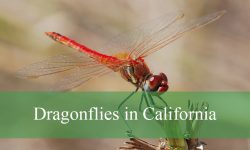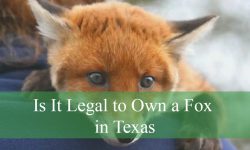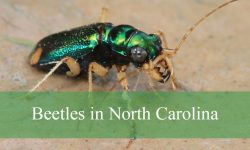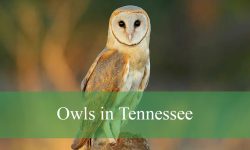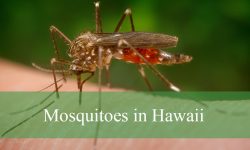Squirrels are undeniably adorable. With their fluffy tails, twitchy noses, and curious personalities, many people in New York wonder what it would be like to have one as a pet. But before anyone attempts to bring a baby squirrel home, it’s crucial to know what the law says about owning one in the state.
The truth might surprise you. While squirrels may look like harmless companions, New York’s wildlife regulations are strict when it comes to exotic and wild animals. In this guide, we’ll explore whether it’s legal to own a squirrel in New York, what the penalties are if you’re caught keeping one, and what legal alternatives exist for animal lovers who dream of a similar pet.
Understanding New York’s Wildlife Laws
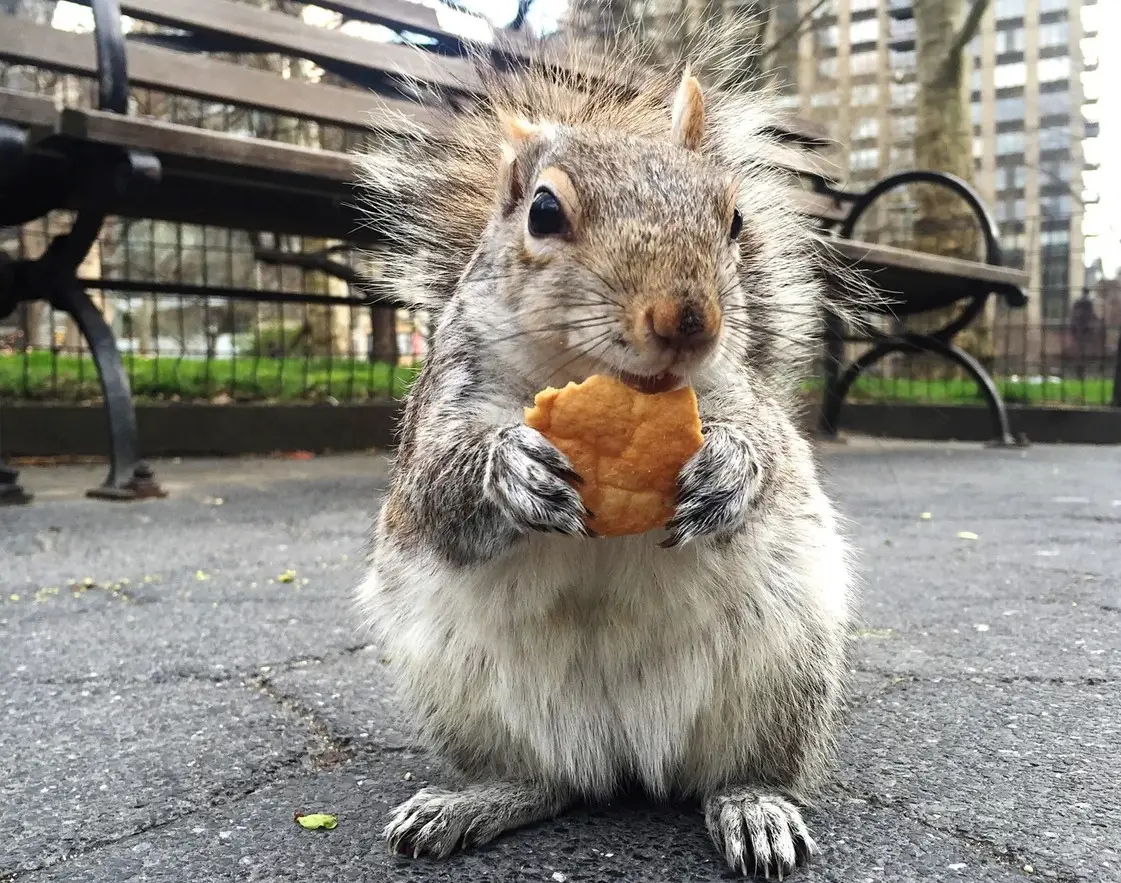
New York has some of the most comprehensive animal ownership laws in the United States. The state takes wildlife conservation and public safety seriously, and that includes the keeping of native and exotic species.
The Role of the New York State Department of Environmental Conservation (DEC)
The New York State Department of Environmental Conservation (DEC) is responsible for managing wildlife populations and enforcing animal-related laws. According to the DEC, all native wild animals — including squirrels — are considered part of the public trust. This means they belong to everyone collectively and cannot be privately owned without a permit.
Wild Animals Are Not “Pets” Under State Law
The state defines wild animals as species that naturally occur in the wild and are not domesticated through long-term breeding. Squirrels fall squarely into this category. They have not been domesticated like dogs or cats, and their natural instincts make them unsuitable for home environments.
So, in short, the DEC considers squirrels as wildlife, not potential pets. This classification has direct consequences for anyone thinking about keeping one.
Is It Legal to Own a Squirrel in New York?
In simple terms — no, it is not legal to own a squirrel in New York.
New York law prohibits private ownership of wild animals, including native species such as gray squirrels, red squirrels, and flying squirrels. The reasoning behind this is to protect both the animal and the public.
Why the Law Exists
There are several important reasons why the law forbids squirrel ownership:
- Wildlife Protection – Capturing or keeping wild squirrels disrupts natural populations and ecosystems.
- Animal Welfare – Squirrels require specific diets, habitats, and space to thrive. Captivity often leads to malnutrition or stress.
- Public Safety – Squirrels may bite, scratch, or carry parasites such as fleas and ticks that transmit diseases.
- Disease Control – Wild rodents can carry rabies or leptospirosis, posing health risks to humans and pets.
Exceptions to the Law
There are very few exceptions. Individuals or organizations may only possess a squirrel with a valid wildlife rehabilitation license or a scientific research permit issued by the DEC.
For example:
- Licensed wildlife rehabilitators may temporarily care for injured or orphaned squirrels before releasing them back into the wild.
- Research institutions may hold squirrels for ecological or behavioral studies.
But for the average person — even a dedicated animal lover — owning a squirrel as a pet is completely illegal.
What Are the Penalties for Owning a Squirrel in New York?
If you’re caught keeping a squirrel as a pet in New York, you could face serious consequences. The state doesn’t take wildlife violations lightly.
Possible Legal Penalties
Violations of wildlife regulations can result in:
- Fines ranging from $250 to $1,000 per violation
- Confiscation of the animal by authorities
- Potential misdemeanor charges for repeat offenses
- Loss of future eligibility for wildlife permits
In some cases, animal control officers or the DEC may also file animal cruelty charges if the squirrel is found living in poor conditions or suffering in captivity.
Confiscation and Relocation
If authorities find a squirrel being kept illegally, they will seize the animal and either release it back into a safe wild habitat or place it under the care of a licensed rehabilitator. Sadly, in some cases, squirrels raised by humans can’t survive on their own — leading to euthanasia if rehabilitation fails.
That’s why the state urges people not to interfere with wild animals unless absolutely necessary.
Can You Rehabilitate an Injured or Orphaned Squirrel?
You might be wondering what to do if you find a baby squirrel that seems abandoned. While your instincts may tell you to help, New York law still prohibits keeping or raising it without a permit.
What to Do If You Find a Baby or Injured Squirrel
- Observe before acting – Sometimes, baby squirrels aren’t actually abandoned. Their mother may be nearby gathering food.
- Contact a licensed wildlife rehabilitator – The DEC maintains a list of licensed rehabilitators by county.
- Avoid feeding or handling it – Improper feeding can cause fatal digestive problems.
By contacting a professional, you’re ensuring the animal gets the right care while staying within the law.
What About Flying Squirrels? Are They Legal Pets?
Flying squirrels are often mistaken for exotic pets, and some people think they’re an exception to the rule. However, New York classifies both northern and southern flying squirrels as native wildlife, meaning they are also illegal to own.
Why People Want Flying Squirrels as Pets
Flying squirrels are small, gentle, and social. They can glide across rooms, bond with humans, and even use small pouches as cozy nests. But despite their charm, they are not domesticated.
Legal Alternatives
If you love the idea of a gliding pet, you could consider:
- Sugar gliders (Petaurus breviceps) – These are legal in New York State (though not in New York City). They are similar in appearance to flying squirrels but belong to a completely different family.
- Always check your local city ordinances before buying one, as some municipalities have stricter rules.
Why Squirrels Don’t Make Good Pets
Even if squirrel ownership were legal, caring for one would be far from easy. Squirrels are wild animals with instincts that clash with domestic life.
Behavioral Challenges
Squirrels chew constantly — not out of boredom, but because their teeth never stop growing. They’ll gnaw on furniture, wires, and walls. They’re also territorial and can become aggressive once they reach sexual maturity.
Dietary Needs
In the wild, squirrels eat a mix of nuts, fruits, seeds, insects, and tree bark. A pet diet rarely replicates this variety, often leading to metabolic bone disease from calcium deficiency.
Stress and Health Issues
Captive squirrels are prone to:
- Obesity from limited space
- Stress-induced self-harm
- Bone deformities due to improper nutrition
- Shortened lifespans compared to wild counterparts
Simply put, squirrels belong in trees, not in cages.
Legal Pets That Resemble Squirrels
If you’re drawn to squirrels for their energy and playfulness, there are many legal pets that share similar qualities without breaking the law.
1. Sugar Gliders
Native to Australia, sugar gliders are small, nocturnal marsupials that glide between trees. They are affectionate and social but require plenty of attention and a specialized diet rich in fruits and proteins.
2. Hamsters and Gerbils
These small rodents are low-maintenance and fun to watch. They enjoy digging, climbing, and running on wheels — offering some of the same entertainment squirrels provide.
3. Degus
Degus are intelligent, active rodents from South America. They form strong social bonds and are more trainable than most small pets.
4. Chinchillas
With their soft fur and lively behavior, chinchillas make great companions for those who love squirrels’ energy but want a legal alternative.
Why New York Is Strict About Exotic Pets
New York’s strict stance on wildlife ownership didn’t appear out of nowhere. It’s based on public safety, conservation, and animal welfare concerns that have grown over time.
Public Health Concerns
Exotic and wild animals can transmit zoonotic diseases to humans, including rabies, salmonella, and parasites.
Environmental Protection
When non-native species escape or are released into the wild, they can outcompete native animals and disrupt local ecosystems.
Humane Treatment
Wild animals rarely adapt well to human environments. Many suffer from malnutrition or psychological stress when kept as pets.
Can You Get a Permit to Own a Squirrel in New York?
In very limited cases, yes — but not for pet ownership.
Permit Types
The DEC issues special permits for:
- Scientific or educational purposes (research or museum collections)
- Wildlife rehabilitation (temporary care for injured animals)
- Exhibitions and sanctuaries (public educational use)
Private pet ownership does not qualify for any of these categories. Even wildlife educators must prove they meet strict housing and care requirements.
Are There Differences Between New York State and New York City Laws?
Yes. While New York State already bans squirrel ownership, New York City has its own even stricter animal control regulations.
The NYC Health Code
The city prohibits not only squirrels but also:
- Ferrets
- Hedgehogs
- Sugar gliders
- Reptiles such as iguanas and snakes
So, if you live in New York City, the answer is even more definitive — you cannot own a squirrel, flying squirrel, or similar wild animal under any circumstances.
What Happens to Squirrels Kept as Pets?
Sadly, many illegally kept squirrels end up being confiscated. Even with the best intentions, humans can’t provide what a wild squirrel truly needs — and the animals suffer as a result.
Common Outcomes
- Confiscation and release if the animal can survive on its own
- Transfer to wildlife rehabilitators if it requires rewilding
- Euthanasia if it’s too tame to survive in nature
These heartbreaking results emphasize why it’s best not to interfere with wildlife.
What To Do If You Already Have a Squirrel
If you’ve been caring for a squirrel without realizing it’s illegal, you should take immediate steps to resolve the situation responsibly.
Steps to Take
- Contact the DEC or a licensed rehabilitator – Explain your situation honestly.
- Do not release it yourself – Hand-raised squirrels may not survive in the wild.
- Cooperate with authorities – Showing willingness to comply may help you avoid fines.
Authorities are often more lenient with people who act in good faith and prioritize the animal’s welfare.
Frequently Asked Questions
Is it ever legal to own a squirrel in New York?
Only licensed wildlife rehabilitators, educators, or researchers with DEC permits can legally possess a squirrel. Pet ownership is strictly forbidden.
What happens if I keep a squirrel as a pet?
You could face fines, confiscation of the animal, and potential misdemeanor charges.
Can pet stores legally sell squirrels?
No. Selling, trading, or breeding squirrels in New York without authorization is illegal.
Are flying squirrels an exception?
No. Both northern and southern flying squirrels are native to New York and protected by state law.
What animals are legal alternatives to squirrels?
Hamsters, gerbils, chinchillas, and sugar gliders (outside NYC) are legal and share similar characteristics.
Final Thoughts
While it might be tempting to keep a squirrel as a pet, it’s illegal to own one in New York — and for good reason. These animals belong in the wild, where they can climb, forage, and live as nature intended.
Attempting to domesticate a squirrel not only risks fines and legal trouble but also harms the animal’s well-being. For those who admire these energetic creatures, consider supporting wildlife rehabilitation efforts or enjoying squirrels safely through observation and photography.
Respecting the law protects not only you but also the wildlife that makes New York’s natural world so vibrant.

